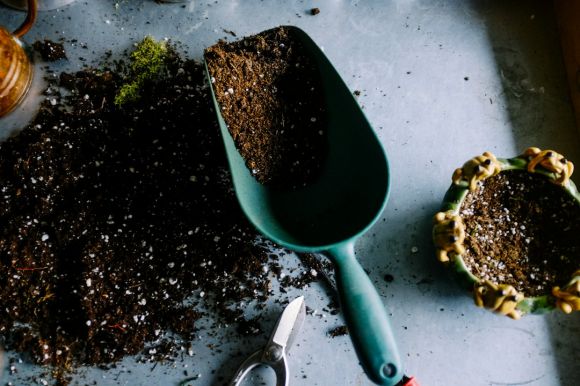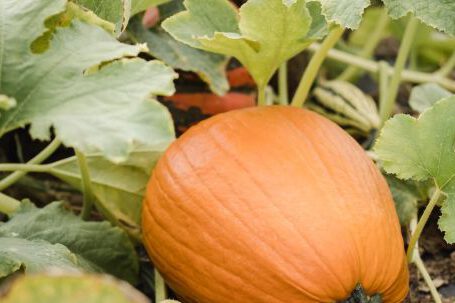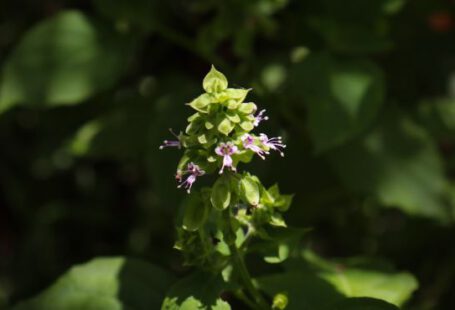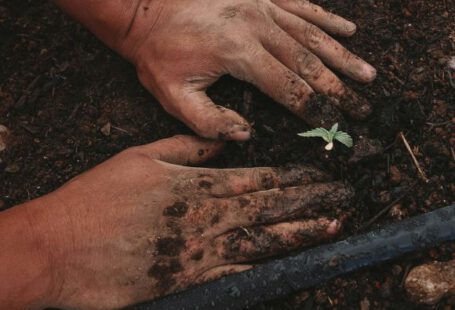Compost is a fantastic way to improve the health and fertility of your garden soil. It is rich in organic matter and essential nutrients that plants need to thrive. However, it is important to know how much compost to use in your garden to maximize its benefits without overdoing it. In this article, we will explore the factors to consider when determining the appropriate amount of compost to use in your garden.
Soil Type and Condition
The first thing to consider is the type and condition of your soil. If you have heavy clay soil, you will need to use more compost to improve its structure and drainage. On the other hand, if you have sandy soil, you will need less compost to improve its water-holding capacity. Take a moment to assess your soil type and condition before deciding on the amount of compost to use.
Plant Nutrient Requirements
Different plants have different nutrient requirements. Leafy greens, for example, benefit from a higher nitrogen content, while fruiting plants like tomatoes and peppers require more phosphorus and potassium. Research the specific nutrient needs of the plants you are growing and adjust the amount of compost accordingly. A soil test can also provide valuable information about your soil’s nutrient levels and help you determine how much compost to add.
Compost Quality
The quality of your compost will also influence how much you should use. Well-rotted compost, also known as black gold, is fully decomposed and has a fine texture. It is rich in nutrients and can be used in higher quantities. If your compost is not fully decomposed, it may be best to use it sparingly or allow it to mature further before applying it to your garden. Using immature compost in excessive amounts can lead to nutrient imbalances and potentially harm your plants.
Garden Size and Planting Density
The size of your garden and the density of your planting will also affect how much compost you should use. Larger gardens will naturally require more compost to cover the entire area adequately. Similarly, if you have densely planted beds or containers, you may need to use less compost as the plants will compete for nutrients in a confined space. Consider the size and planting density of your garden when determining the appropriate amount of compost.
Annual vs. Perennial Plants
Another factor to consider is the type of plants you are growing. Annual plants have a shorter lifespan and generally have higher nutrient demands. Perennial plants, on the other hand, establish deeper root systems and may require less frequent applications of compost. Keep this in mind when deciding how much compost to use and how often to apply it.
Applying Compost
Once you have determined the appropriate amount of compost for your garden, it is important to apply it correctly. Start by spreading a layer of compost evenly over the soil surface. Aim for a thickness of about one to two inches. Avoid piling the compost around the base of plants, as this can lead to stem rot and other issues. After applying the compost, gently work it into the top few inches of soil using a garden fork or a tiller. This will help incorporate the compost into the existing soil and ensure that the nutrients are accessible to the plants’ roots.
In conclusion, determining how much compost to use in your garden requires considering factors such as soil type, plant nutrient requirements, compost quality, garden size, and planting density. By taking these factors into account, you can ensure that your plants receive the right amount of nutrients and enjoy the benefits of compost without causing any harm. Remember to apply compost correctly by spreading it evenly and working it into the soil. Happy gardening!




